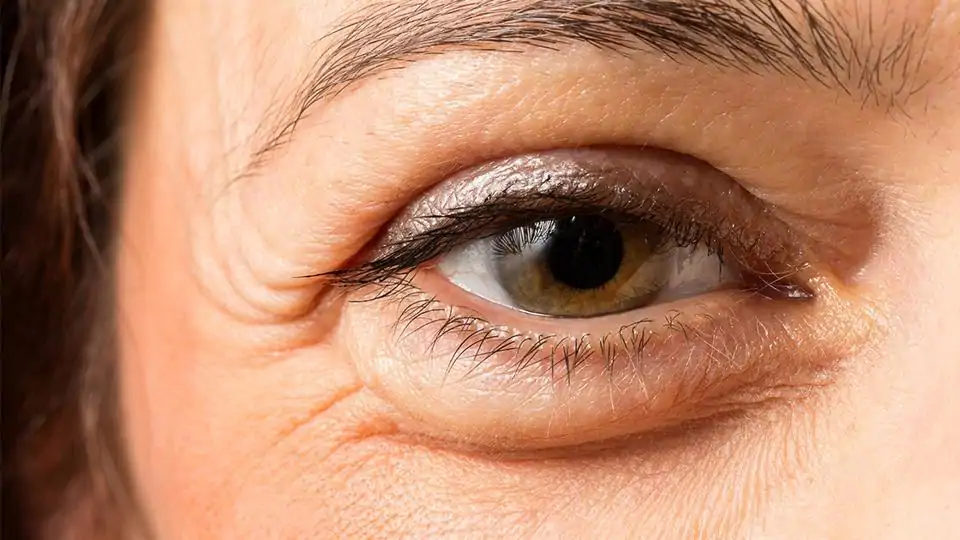KIDNEY DISEASE: SIGNS AND SYMPTOMS & TREATMENT
- Sabah Tyagi
- Jul 6, 2020
- 3 min read
How does it feel to imagine yourself walking all the way with catheter attached to your body? Or how does it feel when you imagine yourself getting pricked weekly or more with needles for dialysis? Scary right! So which organ of the body is damaged for all these nightmares to occur? It is none other than our kidneys.
WHAT ARE KIDNEYS?

The kidneys are two bean shaped organs situated below the diaphragm high in the abdominal cavity. You can compare it to the shape of Rajma bean. The functional unit of kidney is nephron. Each kidney consists of 1 million of nephrons. Human kidney in adults are about 12 centimetres in length. Kidneys are responsible for the production of urine through filtration of blood. Hence one of the organ for detoxification of body
.
Few facts about kidneys:
World kidney day is observed on 11 march.

10% of the population worldwide is affected by chronic kidney disease,
Diarrheal disease can also result in acute kidney injury.
Low birth weight infants are at a greater risk of being born with small kidneys. These babies are more likely to develop significant elevations in blood pressure as teenagers.
There are many non-invasive tests—such as ultrasound and urine dipsticks— that can detect kidney and bladder abnormalities either in utero or shortly after birth, but they can only benefit the children whose families have access to them.
FUNCTIONS OF KIDNEY:

Every organ in human body plays a vital role. All the organs of the body interconnect for the smooth functioning of the body system. Let’s have insight into functions of kidney:
Production of urine:
Kidneys filter the blood and detoxifies the body by formation of urine which consists of waste products produced by the metabolism in the body.
Secretion of hormones:
Kidneys secrete important hormone erythropoietin which is responsible for the process of erythropoiesis (formation of blood cells), calcitriol and enzyme renin.
Maintaining of body pH
Kidneys maintain the homeostasis of the body by regulating hydrogen ions.
Regulation of blood pressure:
When renin levels are elevated, the concentrations of angiotensin II and aldosterone increase, leading to increased sodium chloride reabsorption, expansion of the extracellular fluid compartment, and an increase in blood pressure. Conversely, when renin levels are low, angiotensin II and aldosterone levels decrease, contracting the extracellular fluid compartment, and decreasing blood pressure.
Regulation of osmolality:
It is the maintenance of salt and water level in the body in collaboration with antidiuretic hormone secreted by the pituitary gland.
RISK FACTORS FOR KIDNEY DISEASE:
These are the factors which increases the likeliness of the individual to acquire disease at some stage of life.
Obesity
Diabetes
Hypertension
Smoking
Chronic intake of alcohol
Heart diseases
Old age
Abnormal kidney structure.
SIGNS & SYMPTOMS OF KIDNEY DISEASES:

Oedema (swelling of feet and ankles and face)
Nausea
Vomiting
Tendency to itch all the time
Uncontrolled Increase in blood pressure
Loss of appetite
Insomnia (inability to sleep)
Weakness and fatigue
Changes in urine cycle
Decreased mental thinking
Chest pain
Cramps
Shortness of breath
CAUSES OF KIDNEY DISEASES:
Diabetes
High Blood pressure
Recurrent kidney infection
Calculi in urinary tract
Polycystic kidney disease
Glomerulonephritis
TREATMENT

One must pay attention to every signal your body gives in the form of symptom. It’s a natural mechanism to create awareness. Whenever you feel something isn’t right with your daily routine, consult doctor and get diagnosed. Do not rely on self-diagnosis before starting the treatment.
In order to keep healthy kidney one must consume adequate water to enable efficiency of kidney function. Do not hold on your urine tendency for long as it may lead to concentration of the urine and subsequent problems. Consumption of less amount of water results in formation of calculi or stones in the tract.
Few things to keep in mind before it progresses to kidney failure:

-Monitor your blood sugar and hypertension by regular consumption of medicines which can be availed at medical shop home delivery near me as per your comfort.
-Opt for healthy diet to avoid heart related risks
-Reduce salt intake and maintain optimum weight
-Limit alcohol consumption and avoid smoking
-Drink adequate water to maintain healthy kidney atleast 8 glasses per day.
-Reduce stress and exercise regularly
-Do not use over the counter drugs like paracetamol or acetaminophen for silly causes. These drugs can hamper your kidney function on prolonged use.
-In case of severe kidney failure, one must need to go for regular dialysis or kidney transplant.
-Your doctor may prescribe you medicine for kidney infection which can be ordered at Best medicine store online in India.
CONCLUSION:
With every problem lies solution and so is with every disease lies treatment. All you need is to pay attention to your body before it’s too late. Practice healthy lifestyle and have a complete divorce with the disease.



Comments